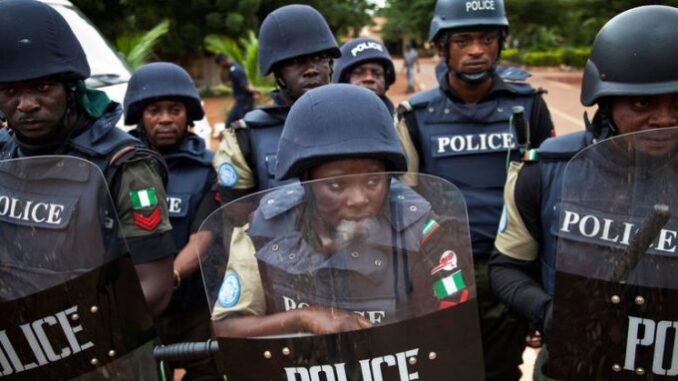
There’s no disadvantage with state and local government police system, as argued by opponents of the agitations to decentralise the police force.
The only one touted is that police at the levels of state and local government may be used to intimidate political opponents, by Governors, local government chairmen or the ruling political party at any point in time.
This fear is not entirely baseless, but it is exaggerated; and there are antidotes to it. In support of their fears, opponents of sub-national (state and local government) police system often refer to what native authority police was allegedly used for by politicians in the first republic, by which political opponents were said to have been hounded using the instrumentality of native authority police. Nonetheless, these are some of the antidotes to the fear of misuse of federal, state and local government police forces:
1. To avoid misuse of the police at all levels, we must establish a “democratic police” system. In this regard, the legal and policy framework of the police system whether federal, state or local government must institute accountability, professionalism, independence in command decision, and transparency in the police system. That’s not the case even now with the single, federally controlled Nigeria Police Force. For instance, the Governor of a State cannot be questioned in any court of law for the direction he gives to the state police commissioner, talk less of the President whenever he gives direction to the Inspector General of Police. That’s a typical example of an “undemocratic police” system.
2. The people must be bold and alive to their responsibilities by standing up firmly against any oppressive treatment in the hands of the police and law enforcement agencies, generally. After all, that’s the essence of democracy. The people cannot labour to mandate a government through their votes and become docile in the face of oppression.
3. The legal profession and civil society must be vigilant against misuse of the police by anyone including the governor of a state and or the ruling political class or party. As it’s said, “eternal vigilance is the price of freedom”. In practical sense, the legal profession must organise itself to offer pro bono services to anyone subjected to oppressive treatment on account of political differences or disputes.
4. The press and social media must be massively deployed against any authority that uses the police to oppress anyone because of political differences.
5. Full advantage should be taken to enforce the fundamental rights of victims of political oppression. In other words, anyone who’s subjected to police abuse which amounts to violation of fundamental rights should take maximum advantage of the fundamental rights enforcement processes. In this connection, the legal profession must stand up to encourage the judiciary to play its role in providing succour as envisaged by the constitutional guarantee of fundamental rights. The judiciary must be encouraged to exhibit courage to protect citizens who are victims of right abuses.
These and more will blunt misuse of the police at whatever level. The devil is in the details.
Omoregie, a Professor of law writes from Abuja.
END

Be the first to comment